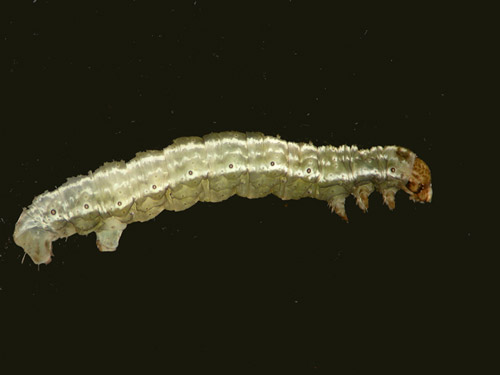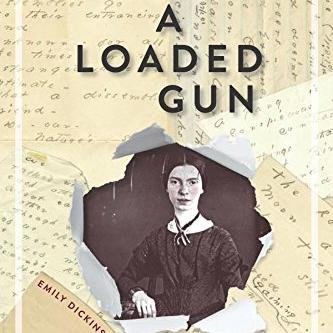My life can get back to normal, now. I finished reading,
The Free Frenchman by Piers Paul Read. I normally read about 8-10 books, at a time. Some I have to, i.e., I was given them to review, some I am required to read for Lay Dominican Study Group. I also belong to two reading groups, so there's two books I also have to read. But there's always one or two that are recommended by friends and I am seduced.
The Free Frenchman fell into my lap, while I was sorting books for my town's library book sale. Once a month the library has a book sale. I volunteer to help sort the books into some sort of order. (Not that I have any selfish motive for volunteering. Perish the thought.)
I read
Alive by Piers Paul Read and was riveted by the author's narration. I also read
Monk Dawson by the same author. So the novel interested me because I knew it would be a good read.
However, I was almost turned off by Read's simplistic depiction of Dominican history. Being a Lay Dominican I was offended by Piers Paul Read's specious history of the role the Order of Preachers' played during the Middle Ages. (Secret police of the Catholic Church--I admire the author's imagination!) I know there were bad Dominicans and very bad Dominicans, but they don't define my family. It was just that Read only told his readers the bad stuff. He should have had Dominique enter the Dominicans, as a penance, to make up for his one-sided depiction.
Oddly, I didn't mind that Antoine Dubec was a Dominican friar. I kind of liked the man. He certainly was committed to his interpretation of Christian social justice and was willing to risk his life for it--and more. He broke the Seal of Confession. He's in hell.
Anyway, as I was saying, I was reading a chapter or so from each of my tower of books, until
The Free Frenchman hooked me. I had no idea of the machinations behind the German occupation of France. It was riveting. From page 100-584, I only had eyes for
The Free Frenchman. My tower of books collected dust. I stayed up too late reading. I ignored my blog. I was too involved with Bertrand de Roujay. I admired him. I was shocked by his immoral behavior. I was nervous he'd get caught. I was saddened when Madeleine was unfaithful, and Jenny, too. How could he ever trust another woman? And then he himself... And he used Lucia--how could he! And how many times can a man die?
So the hero is human;that's true. The story rings true. The history is convoluted but true. The de Roujay family itself branches out in three different directions to fight for France. More than that if you count ex-wives and lovers. What a story!
Who wins? "In a war it is always the devil who wins." Spoken by Edmond de Roujay to his sobbing grandson Thierry. Those who are traitors become heroes, and vice versa. History is written by the winners.
But miracles do abound, thanks to a praying grandmother--Alice de Roujay. She holds the family together with her prayers. Her little part of the world is a sanctuary. I always felt relieved when all the characters were at Saint Theodore, with her. "The world outside...was the principality of satan, and it was impossible to live in it without giving the devil his due." Actually, these expressed thoughts are Bertrand de Roujay's about his sister's convent, but I thought they fitted Saint Theodore.
France was a nightmare in WWII. The author proved by his story that morality is relative. Everyone claims they are on the side of God. Foolishness!
How wretched the illusions of those who imagined that it could ever be right to kill for Christ. How mistaken the example of the crusaders; for evil could only be answered with evil, the bombardment of London with the obliteration of Berlin. God took no sides in wars, because as Christ himself had said, his kingdom was not of this world, and no legions of angels were ever summoned to battle for His cause. p. 565 Bertrand de Roujay's thoughts in prison.
I loved the book. I learned a lot of French history. I learned how weak human nature is. I learned how noble humans can be. Although I found myself depressed, when I finished the novel. But I'll attribute that for wanting more. Piers Paul Read gives us much to chew on.
.jpg)



















